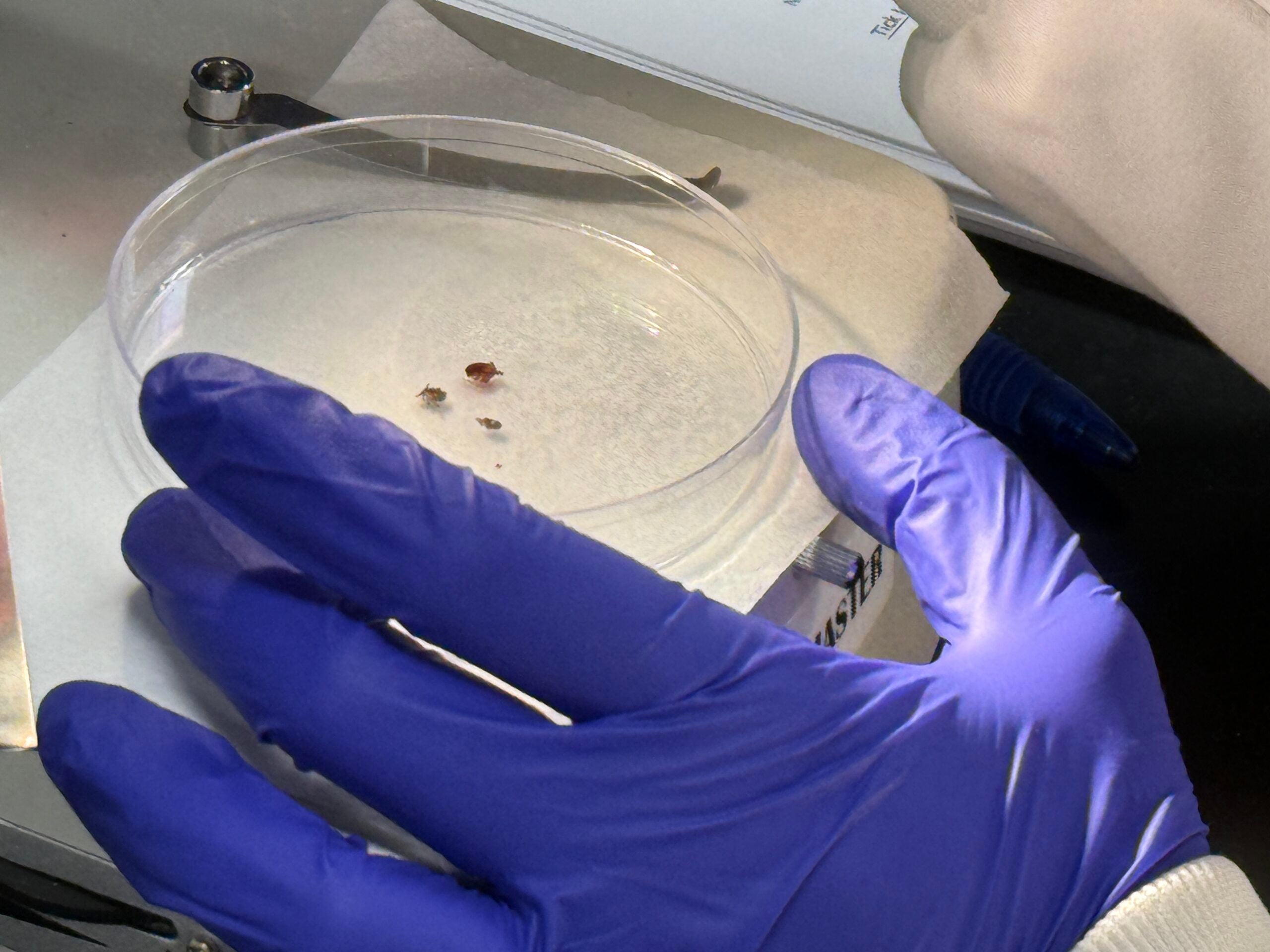Low-dose aspirin has been shown to prevent heart disease. But a survey of Wisconsin residents indicates many are taking it when they don’t need to, and that others who might benefit from taking aspirin, are not.
One of the reasons that aspirin has been dubbed the ‘wonder drug’ is for its role in helping to prevent heart attacks and strokes. But it can cause internal bleeding in some cases. A study of more than 800 healthy Wisconsin residents shows low-dose, daily aspirin therapy isn’t always used appropriately. Dr. Jeffrey VanWormer is with the Marshfield Clinic Research Foundation and led the study, “When you look at this group in Wisconsin who doesn’t have active [heart] disease and they are age 35-to-74, about one in three should be taking an aspirin based on their clinical indications: looking at their blood pressure, their cholesterol and whether they are a smoker or not we can sort of peg them and put them in a category whether they should be taking aspirin or should not be. So that means the remaining two-thirds should not be taking aspirin.”
People were not asked if doctors had recommended they take aspirin to prevent heart disease. Information for the study came from Survey of the Health of Wisconsin.
News with a little more humanity
WPR’s “Wisconsin Today” newsletter keeps you connected to the state you love without feeling overwhelmed. No paywall. No agenda. No corporate filter.
Wisconsin Public Radio, © Copyright 2025, Board of Regents of the University of Wisconsin System and Wisconsin Educational Communications Board.





